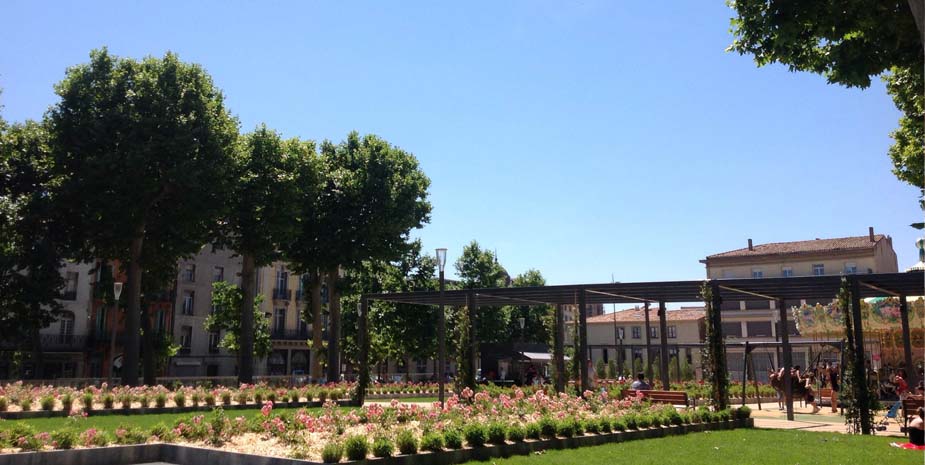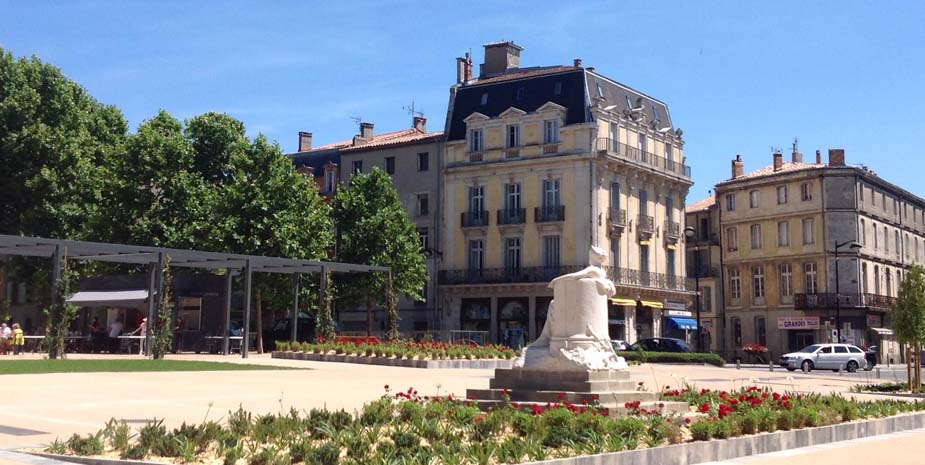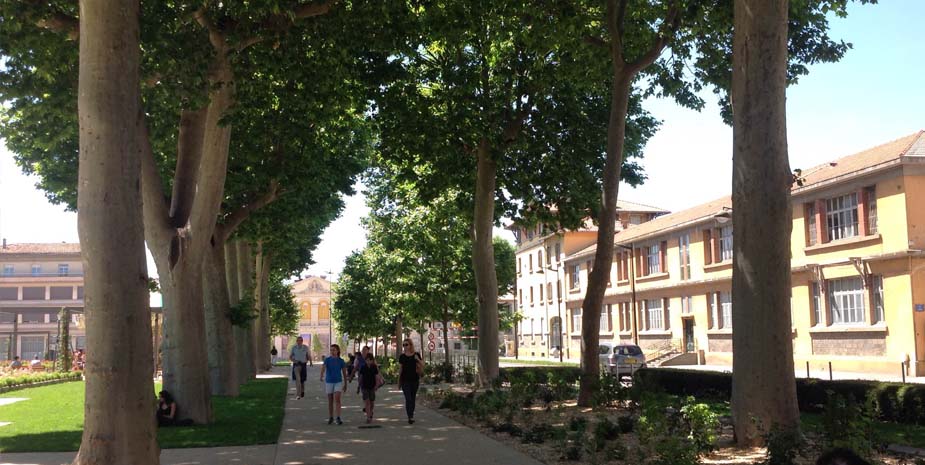Carcassonne invites you to discover the ‘Cathar’ history.
The word ‘Cathar’ encompasses several realities and as many imaginative worlds. Historically, it refers to the men and women who believed in, or were connected with, a medieval Christian religion that sprang up in Europe around the middle of the 10th century and disappeared finally 400 years later. Catharism xas not some minor event, confined in time and place but rather it was a major occurrence in European religious history, revealing it self as a genuine response to the fundamental issues confronting the men and women of the Middle Ages.
Historians have found manuscripts containing traces of the Cathar religion in Bulgaria and Asia Minor and from Greece to Northern Italy, from Catalonia to the Rhineland, as well as in Burgundy, Flanders, Aquitaine and Bosnia. The content of these documents converge towards a clear image of both overt and clandestine communities comprising a established network of Cathar bishoprics.
In Germanic countries Catharism never went beyond the initial phases, while in Bosnia it was the state religion for three centuries prior to the Turkish invasion.
However; It was in Occitania in Southern France, the heartland of western Christendom, that Catharism took on the mantle of a socially acceptable religion.
Dissident Christianity on the verge of heresy
The Cathars were undisputedly Christian, although they did not worship the Cross, which they held to be the instrument of Christ’s crucifixion at the hands of men. In their view Christ was pure spirit sent by God to earth, bringing to mankind baptism by the Holy Spirit. Carried out by the laying-on of hands and transmitted from Christian to Christian since the days of the Apostles, baptism was seen by believers as the means to their salvation.
For the Cathars, human civilization was mere base materialism, a devilish illusion and prison for souls which in themselves remained good forever, waiting to be saved. The Cathars taught their evangelical precepts by example, refusing the holy sacraments of the Church and most often citing the New Testament. Their conception of Christianity involved neither the threat of eternal damnation nor the idea of free will, but lead them to the path of the unique God: the ‘Kingdom of God’ which is not ‘of this world’.
Feudal Society and Catharism
It was the political habits of feudal society in this region of southern France, with its social inertia allied to outbursts of innovation, which created the religious and social harmony that enabled Catharism to establish itself for the long term in Occitania. Catharism experienced its golden age backed by the great feudal families and the commitment of several generations of the faithful. At this period the Cathar church grew enormously and prospered. The Cathars, with their message of a Christianity based upon example and close relationships, appear to have formed the corner stone to a more open society. In some parts of Occitania such as Lauragais, the Cathar church was in direct competition with the church of Rome and succeeded in becoming the natural family church, alone in proposing a new hope for salvation.
The Religious Wars
 The Roman Catholic church, driven by its unending concern to systemise the Christian faith and perfect a dogmatic framework with strict religious obligations, grew nervous at the spread of the Cathar church.
The Roman Catholic church, driven by its unending concern to systemise the Christian faith and perfect a dogmatic framework with strict religious obligations, grew nervous at the spread of the Cathar church.
Rome was used to the rapid snuffing out of heretical tendencies, aided by the submissive stance of those in power. The Catholic church thus kept up its drive to stamp out the Cathar heresy and call to order the feudal powers who had favoured its expansion.
In 1208, Pope Innocent III called for a crusade against the great Occitanian overlords, protectors to varying degrees of the heretics. As a religious event the crusade turned out to be a failure, as despite horrific group burnings at the stake ordered throughout the crusader’s onslaught, the Cathar religion remained in existence. However by 1229 the relative autonomy and political daring of the Occitanian barons had been dashed forever.
The Inquisition
In 1233 Pope Gregory IX established a judicial system of punishment for heretics: The Inquisition. The mendicant orders of most notably the Dominicans and the Franciscans were placed in charge and the whole population throughout Occitania had to appear before the new religious tribunals. Within one century of this methodical undertaking, the tribunals had comprehensively eradicated the Cathar church. For the first time in the history of western Christendom, there took place a complete census of an entire population, the whole of which was suspected of heresy. The barbarity of war was followed by the terror of religious police, suspicion, denunciation and the fear of being condemned for having listened to or having knowledge of a different Christian message.
By destroying social ties, legitimising with new law the confiscation of the possessions of Occitania’s feudal powers and thus ensuring their eradication, the Inquisition reunified the religious and political powers of the day.






